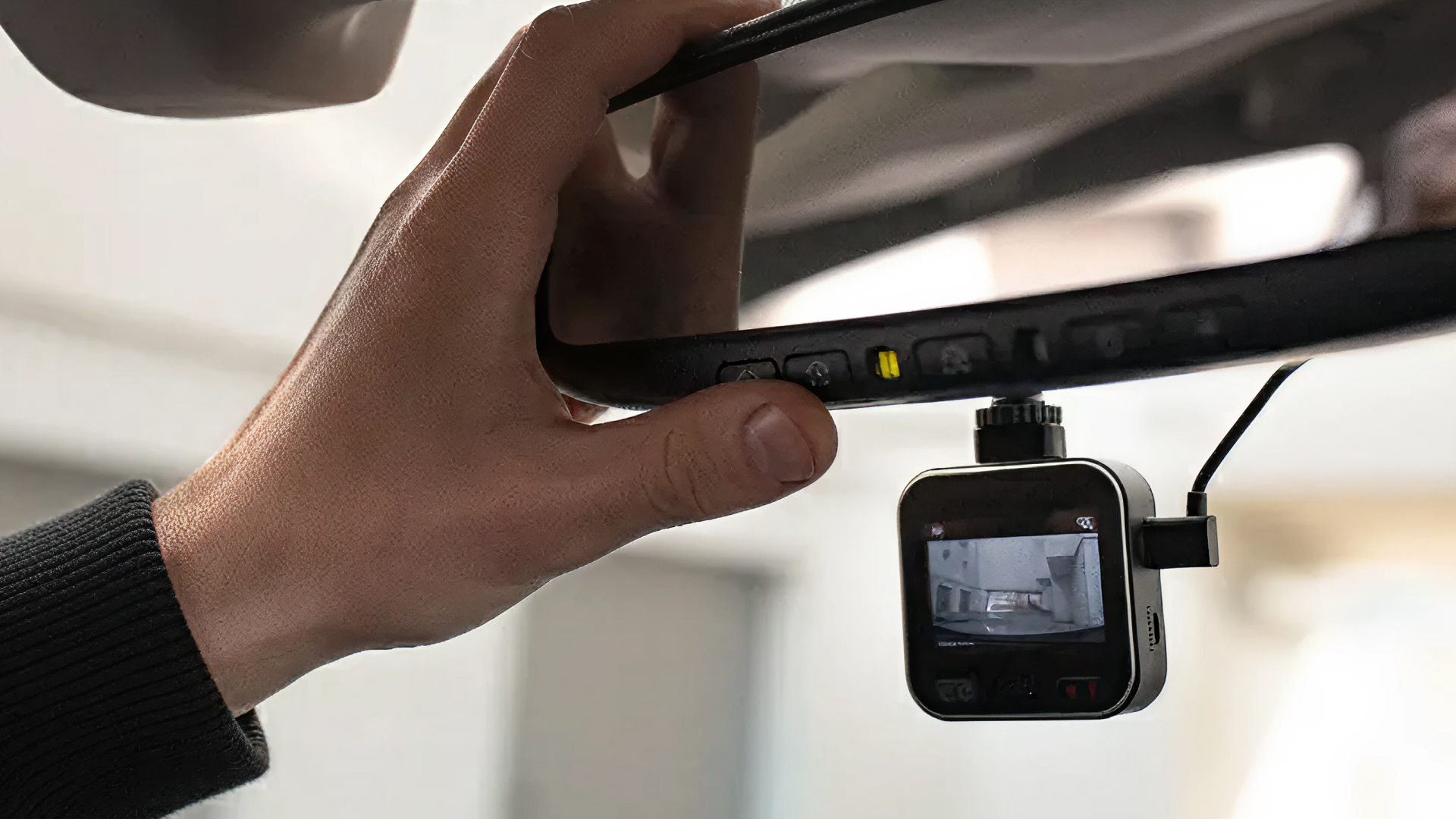Starting a trucking business can be an exciting and lucrative venture, especially when done right. The transportation industry plays a crucial role in moving goods across the nation and the world, with trucking being the backbone of that system. Whether you’re considering starting a trucking business with one truck, or planning to expand to a full fleet, there are many things to consider.
In this guide, we will cover essential topics about starting a trucking business, including whether trucking businesses are profitable, the requirements for obtaining a business license, and the steps involved in starting your own trucking business. By the end, you will have a clear understanding of what is required to start and maintain a successful trucking company.
What is a Trucking Business?
Before diving into how to start a trucking business, it’s important to understand what a trucking business actually is.
A trucking business refers to a company that provides transportation services, typically through the use of commercial trucks. These trucks move goods, freight, and commodities from one location to another, often across long distances. Trucking companies serve many industries, including manufacturing, retail, agriculture, and more.
There are different types of trucking businesses, including:
- Freight Hauling: Transporting goods on behalf of other businesses.
- Logistics: Handling the management and coordination of the transportation of goods.
- Specialized Trucking: Transporting specific types of freight, such as hazardous materials, perishable goods, or oversized loads.
In essence, trucking businesses offer transportation solutions, whether that’s a simple delivery within a city or long-haul trips across the country.
A trucking business can be run by a sole proprietor with one truck or it can expand into a large operation with dozens of trucks, drivers, and staff.
Is Trucking Business Profitable?
If you’re asking yourself, “Is trucking business profitable?”, the answer largely depends on various factors such as market conditions, operational efficiency, and how well you manage your business.
The trucking industry is vital for the economy, which makes it an attractive business model. According to statistics, trucking companies are responsible for transporting the majority of freight in the United States. In fact, over 70% of all freight tonnage is moved by trucks.
That said, starting and maintaining a profitable trucking business involves careful planning. Here are some key considerations that can influence the profitability of your trucking business:
- Operating Costs: Fuel, maintenance, insurance, and payroll are some of the biggest expenses for trucking companies. Fuel prices fluctuate, so it’s important to plan ahead for those expenses. Efficiently managing operating costs will be crucial to profitability.
- Competition: The trucking industry is competitive, so pricing must be competitive while also factoring in your operational costs. You must differentiate your business from others, whether it’s through service quality, timeliness, or niche markets.
- Demand: The demand for trucking services will affect your business. A well-established trucking company will have a steady stream of clients, while a new business may have to work harder to build a client base.
- Fleet Size: A trucking business can start small, but expanding your fleet can increase capacity and profits. However, with more trucks, there are more expenses, so balancing growth is key.
Ultimately, trucking businesses can be profitable, but it’s important to operate efficiently and strategically. If you’re well-organized, manage costs effectively, and take advantage of opportunities, you can achieve long-term profitability.
Do I Need a Business License for Trucking Company?
When it comes to setting up your trucking business, one of the most important questions to ask is, “Do I need a business license for trucking company?”
The answer is yes. To legally operate a trucking company, you will need to obtain various licenses and permits. These licenses ensure your business complies with federal, state, and local regulations.
Here are some of the licenses and permits you may need to run a trucking business:
- Federal Motor Carrier Safety Administration (FMCSA) Registration: If you plan to operate across state lines or transport interstate cargo, you will need to register with the FMCSA. This is a mandatory step for any company involved in interstate trucking.
- DOT Number: A Department of Transportation (DOT) number is required if your company operates vehicles that transport passengers or cargo, weighs over a certain amount, or travels interstate.
- International Registration Plan (IRP): The IRP allows your business to register your vehicles in multiple states if you’re operating across state lines.
- Motor Carrier Authority: A Motor Carrier (MC) number grants you authority to operate as a carrier of goods for hire, especially for interstate shipments.
Additionally, depending on your location, you may also need state-specific licenses or permits, including local business licenses, permits for specific types of cargo (such as hazardous materials), or environmental permits.
Make sure to check with your state’s Department of Transportation (DOT) and the FMCSA to ensure that you’re properly licensed and compliant.
How to Start Trucking Business
Now that we’ve covered the basics of what a trucking business is and whether it’s profitable, it’s time to dive into the practical steps of how to start trucking business. Follow this step-by-step guide to get your trucking business up and running:
Step 1: Develop a Business Plan
A comprehensive business plan is essential when starting a trucking business. This will serve as a roadmap for your company’s success, outlining your goals, target market, services offered, and financial projections.
Step 2: Secure Funding
Starting a trucking business requires significant capital for purchasing trucks, insurance, permits, and other essentials. Explore various funding options such as business loans, grants, and leasing to get the necessary capital.
Step 3: Register Your Business
Choose a name for your trucking company and register it with the appropriate authorities. Obtain all the necessary business licenses and permits, as discussed earlier.
Step 4: Buy or Lease Trucks
You will need to purchase or lease trucks to start your operations. Depending on your budget, you may decide to buy new trucks, used trucks, or lease vehicles. Make sure to account for the long-term costs of owning a truck, such as maintenance and insurance.
Step 5: Hire Drivers
Hiring skilled and reliable drivers is critical for the success of your trucking business. Depending on the scale of your operation, you may also need to hire office staff to manage bookings, customer relations, and accounting.
Step 6: Purchase Insurance
Insurance is a major expense for trucking businesses, but it’s necessary to protect your assets and comply with legal requirements. You will need several types of insurance, including liability insurance, cargo insurance, and vehicle insurance.
Step 7: Set Up Accounting and Billing
Implement an efficient accounting system to manage your business’s finances. This will help you track expenses, invoice clients, and ensure profitability.
How to Start a Trucking Business with One Truck
Starting with one truck is a great way to enter the trucking business if you want to minimize your initial investment. If you’re asking, “How to start a trucking business with one truck?”, here’s what you need to know:
Step 1: Focus on Niche Markets
When you have only one truck, it’s crucial to focus on a niche market that will generate steady business. Specializing in certain types of cargo, like perishable goods or local deliveries, can help you stand out and build a loyal customer base.
Step 2: Keep Operational Costs Low
Since you’re only operating one truck, you should work on minimizing expenses such as fuel, insurance, and maintenance. This will help you maximize profitability from your single vehicle.
Step 3: Build Strong Relationships
When you’re starting small, building strong relationships with clients is key. Focus on excellent customer service and reliable deliveries to earn repeat business and referrals.
How to Start a Trucking Business with No Money
Many entrepreneurs wonder, “How to start a trucking business with no money?” While it’s difficult to start a trucking business without some initial capital, it is possible to minimize your startup costs by considering the following options:
- Leasing a Truck: Instead of buying a truck, consider leasing one. This allows you to avoid upfront costs and only pay for what you use.
- Partnering with Other Truckers: Partner with other drivers who already have trucks to share expenses and responsibilities.
- Funding Options: Look into business loans, grants, or crowdfunding to gather the funds you need to start your business.
By being resourceful and strategic, you can find ways to start your trucking business with limited funds.
Contact Ezlogz for Your Trucking Business Needs
If you’re ready to start your trucking business and need expert assistance, contact Ezlogz today. We specialize in providing fleet management solutions, trucking software, and tools that can help streamline your operations and increase profitability. Let us guide you on the path to success in the trucking industry.












